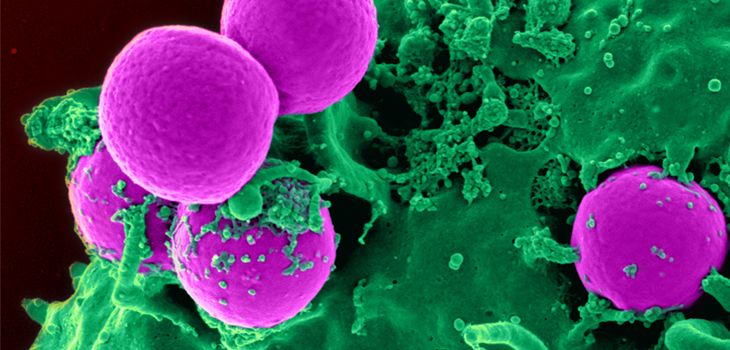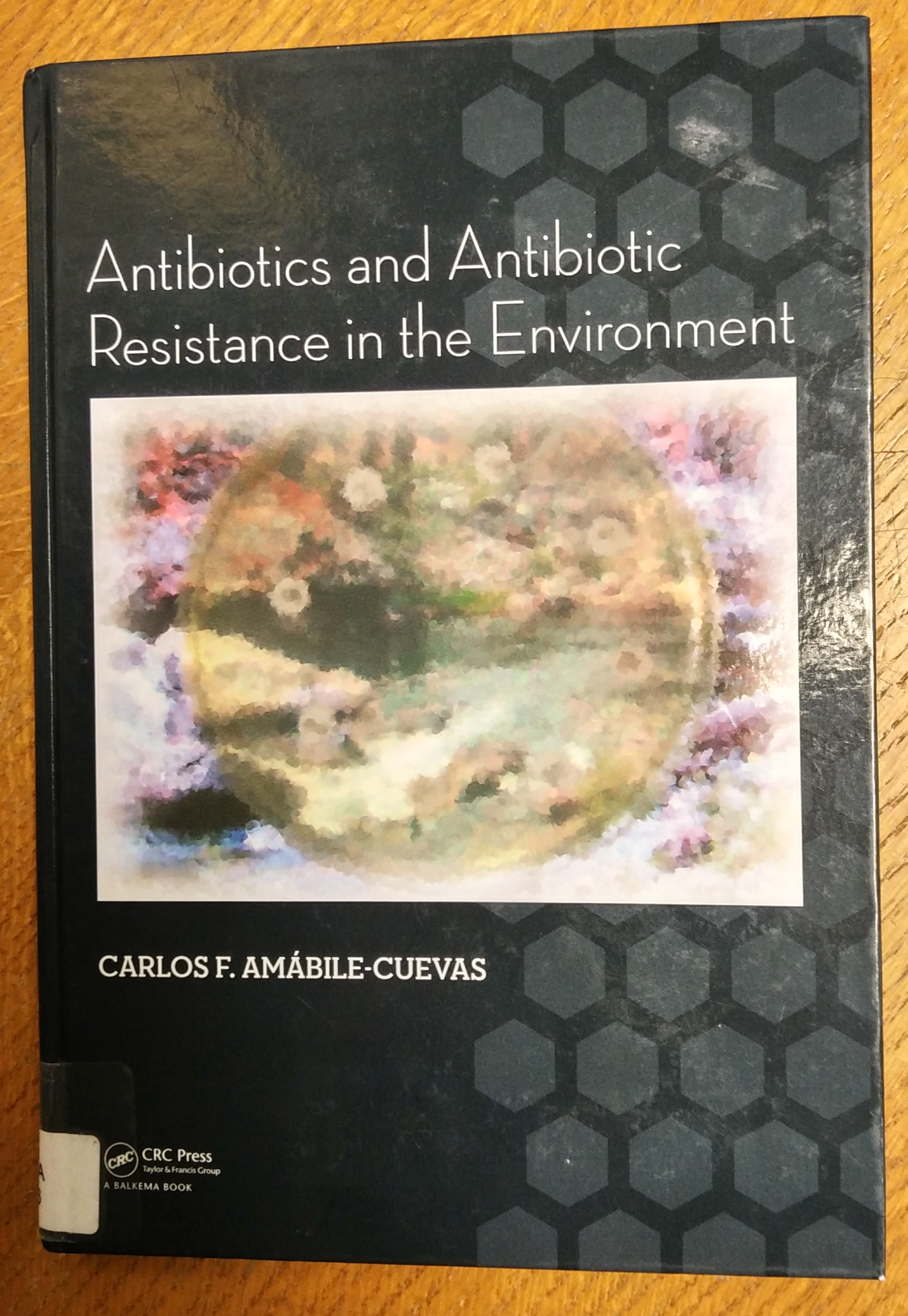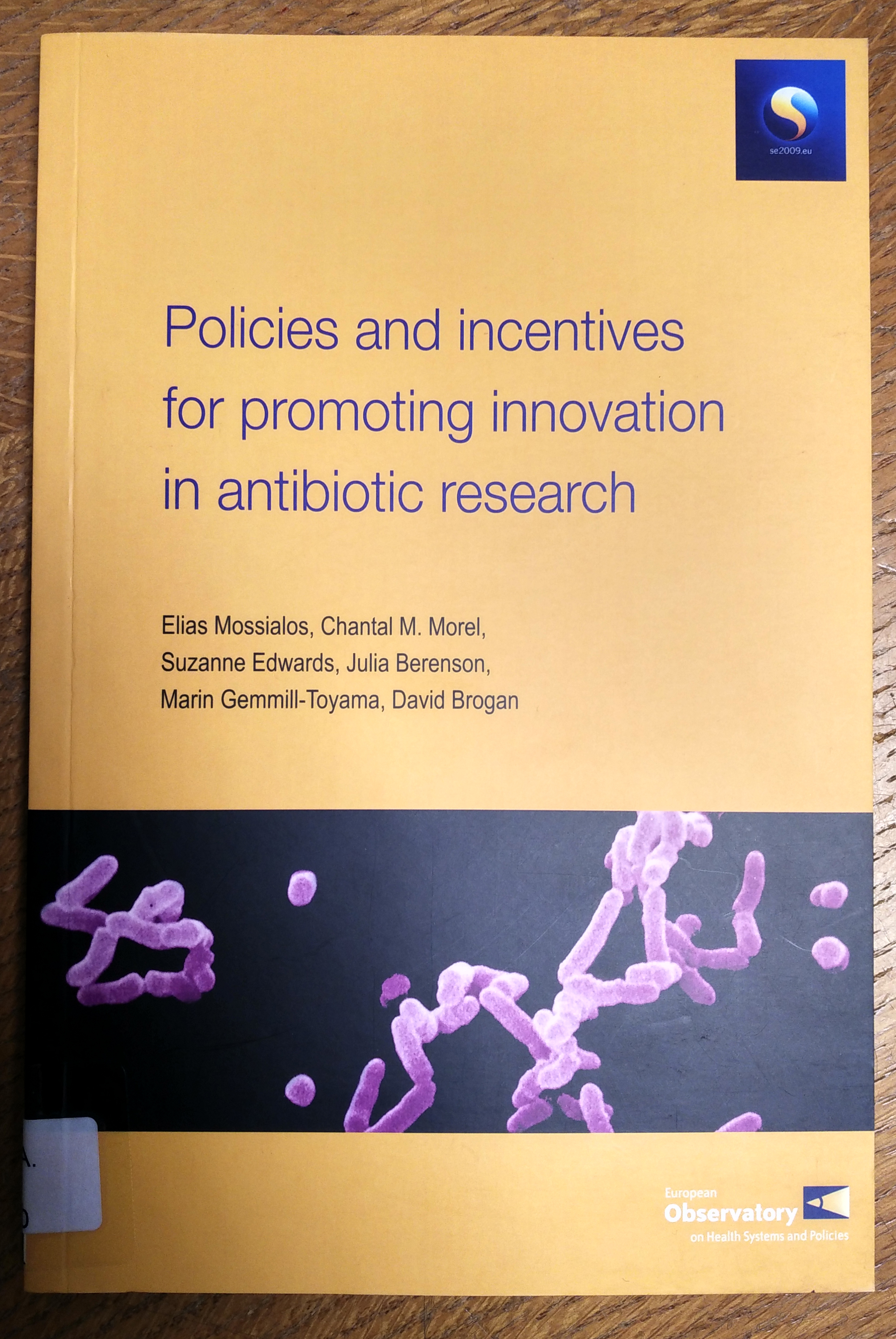The School’s multidisciplinary work on AMR, through the Antimicrobial Resistance Centre, is based on five ‘disciplinary pillars’; books for these subjects can be found at the following classmarks:
- Biological (BJ) and pharmacological (RJ) sciences
- Clinical (Q) and veterinary (X) sciences
- Humanities (CBE) and environmental (SB) sciences
- Epidemiology (EB) and modelling (BBP)
- Economic (ZVR), social (ZV), and political (ZVP) sciences
This broad range of disciplines reflects the complexity of the problem of AMR. For those looking for an overview of antibiotics, these can be found under the classmark RNPA; some works dealing specifically with issues related to AMR are highlighted below.
—
The drugs don’t work: a global threat
S. C. Davies, 2013
Classmark: RNPA (2013)
Summary (via WorldCat): Resistance to our current range of antibiotics is the new inconvenient truth. If we don’t act now, we risk the health of our parents, our children and our grandchildren. This Penguin Special, by Professor Dame Sally C. Davies, the Chief Medical Officer for England, is vital in raising awareness.
—
Antibiotics and antibiotic resistance in the environment
C. F. Amabile-Cuevas, 2016
Classmark: RNPA
Summary (via Amazon): For readers with a basic background in biology, this book provides a very useful discussion of most aspects of this topic, including definitions of antibiotics and resistance, the mechanisms responsible for resistance, and the practices that contribute to this problem.
—
Policies and incentives for promoting innovation in antibiotic research
E. Mossialos et al, 2010
Classmark: RNPA.AW
Summary (via WorldCat): This book, commissioned by the Swedish Government from the European Observatory on Health Systems and Policies, analyses many proposed policies and incentive mechanisms and sheds light on the key issues that will help policy-makers reach informed, concrete decisions on how to avert this potential public health crisis.










